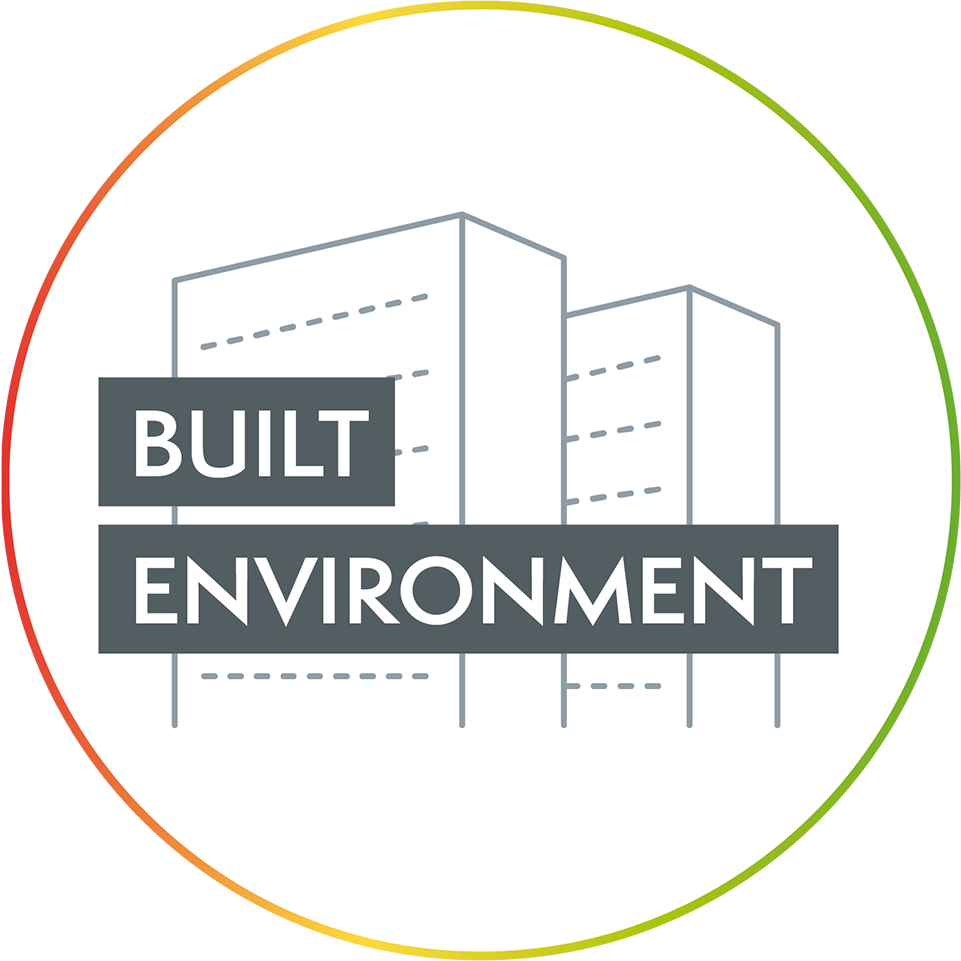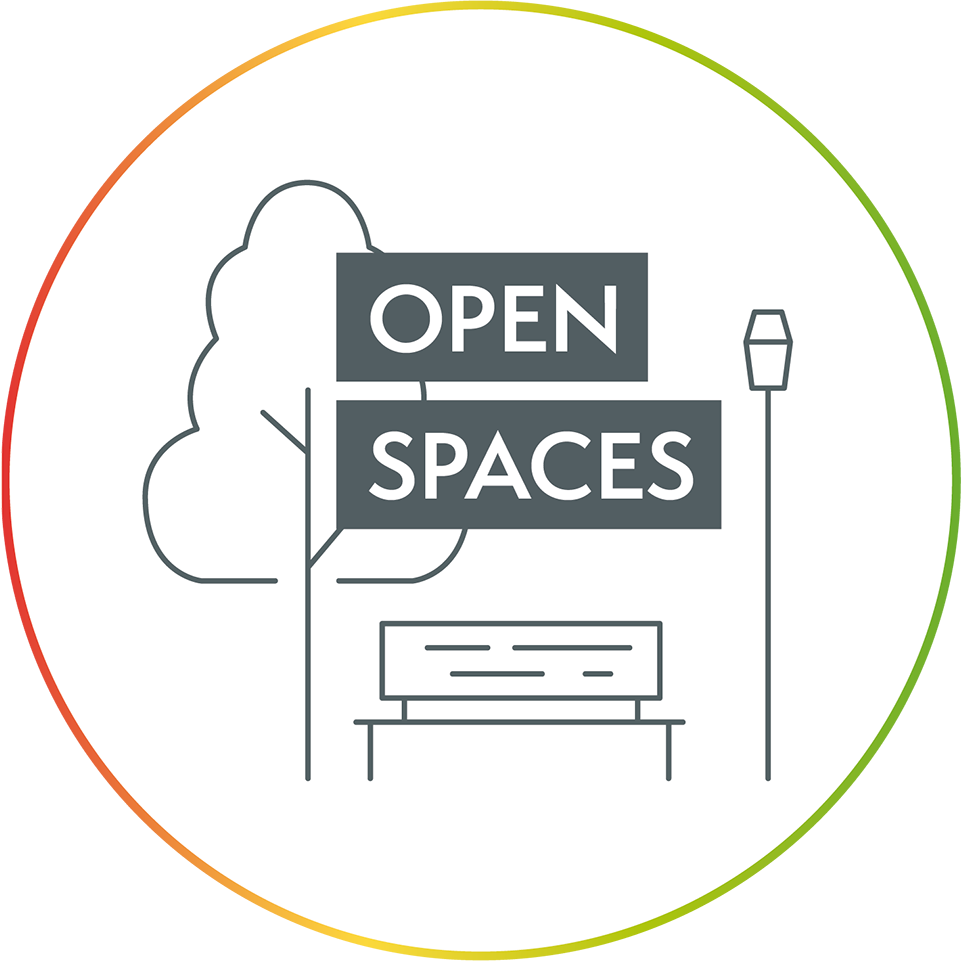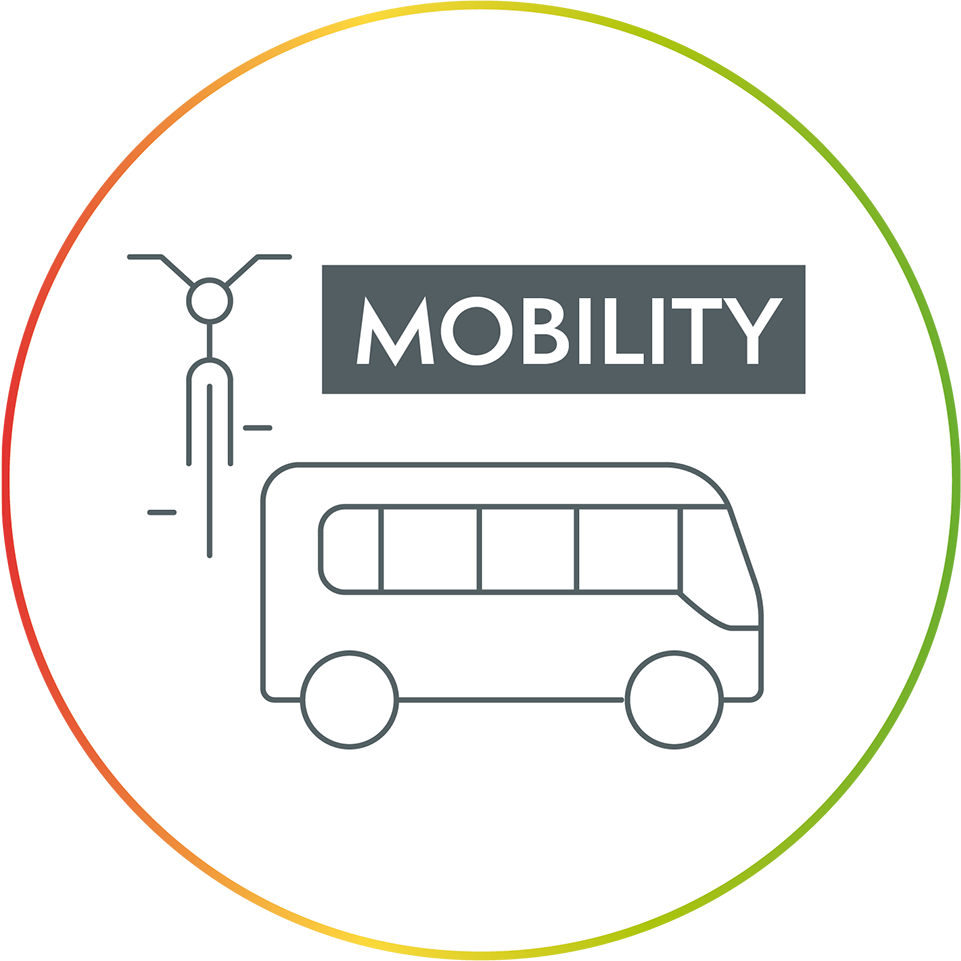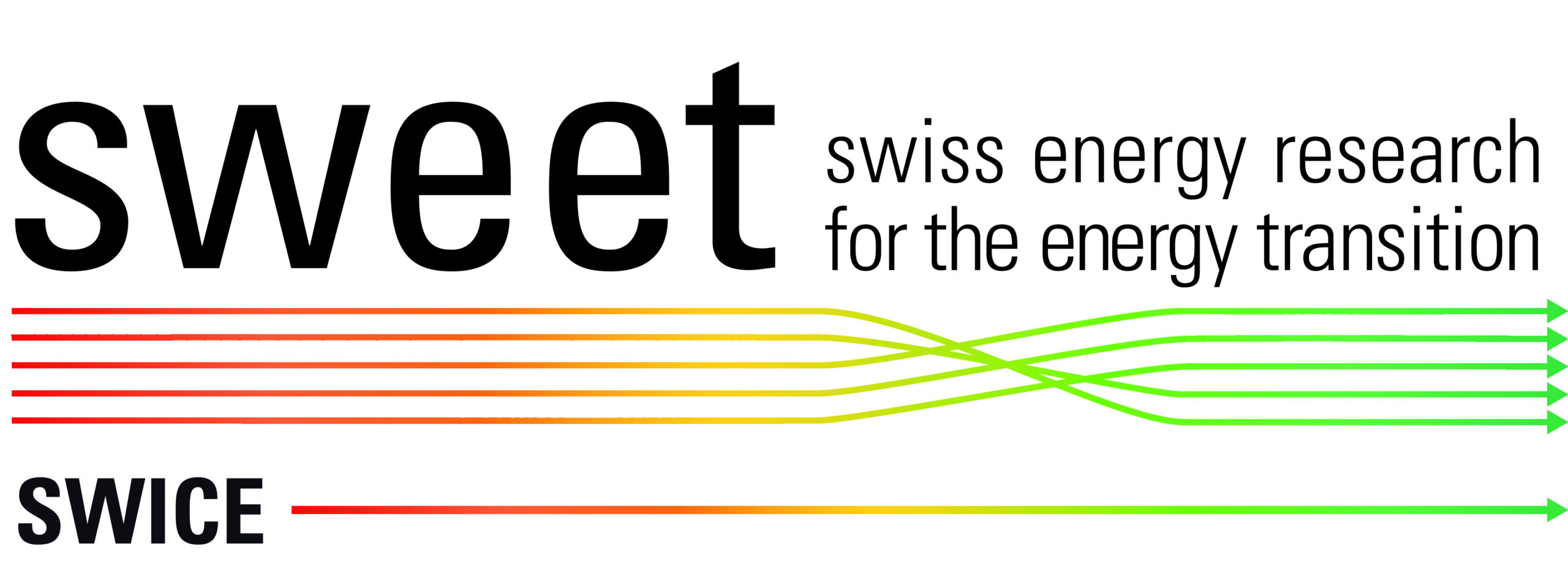Overview
The objective of the SWICE project is to study how social, technological and design models that promote sustainability can be implemented into actual Swiss policy measures towards an effective energy transition, with a focus on high-quality living combined with minimized resource use.
The proposal starts from the premise that the wellbeing of people, seen both as individuals and as a collectivity, is a crucial component of the energy transition, which, to be successful, must be socially embraced and implemented in the physical spaces we inhabit.


People as the agent of change
The SWICE project proposes to reconsider past approaches to the energy transition, moving beyond pure technological development and implementation and building upon the evidence that energy demand is, first and foremost, an outcome of social dynamics, involving complex patterns of energy usage, service needs for well-being (whether spatial or technical) and material demands.
To foster this technological and behavioural shift, the project focuses on the energy and social dimensions of three strategic sectors of intervention:

Switzerland’s building stock accounts for around a fourth of CO2 emissions. Building retrofit, densification, and circular construction are topics that the projects will explore by operating at both a meso- (neighbourhood) and the micro- (building) scale, by focusing on the interdependencies of various themes: diversification of living and working forms, building energy retrofit, spatial transformation and reuse of building components.
Open spaces, referring to a diverse range of unbuilt environments, play an important role in the energy usage and sustainability of cities. They can help with biodiversity conservation, water management, food production, soil erosion control, air pollution reduction, and promoting social interaction and well-being. The project aims to bridge these environmental and social dimensions of unbuilt environments, in particular by understanding how the microclimate diversity of open spaces interacts with everyday life dynamics and well-being.


New living, working and education modalities such as coworking, home office, and distant learning have had an unprecedented impact on the mobility sector and the related energy use. The SWICE project will explore and define the combination of several interventions involving mobility, people behaviour and urban/building design and their potential for reducing energy consumption and improving people’s well-being.
The identification of decentralized, networked and agile energy systems and energy-related services in the fields of supply, transformation, management, storage and distribution will be a transversal topic of the project.

